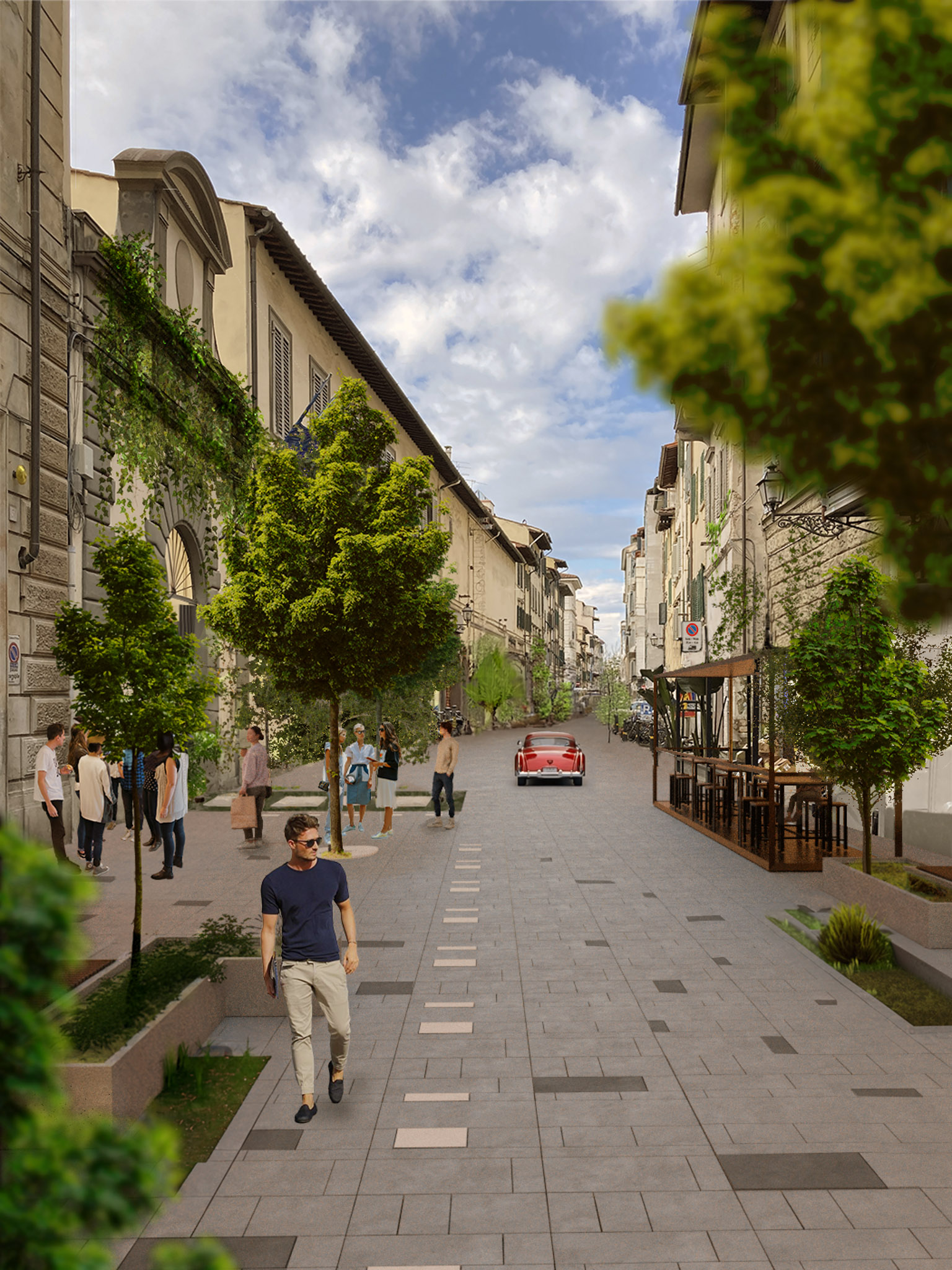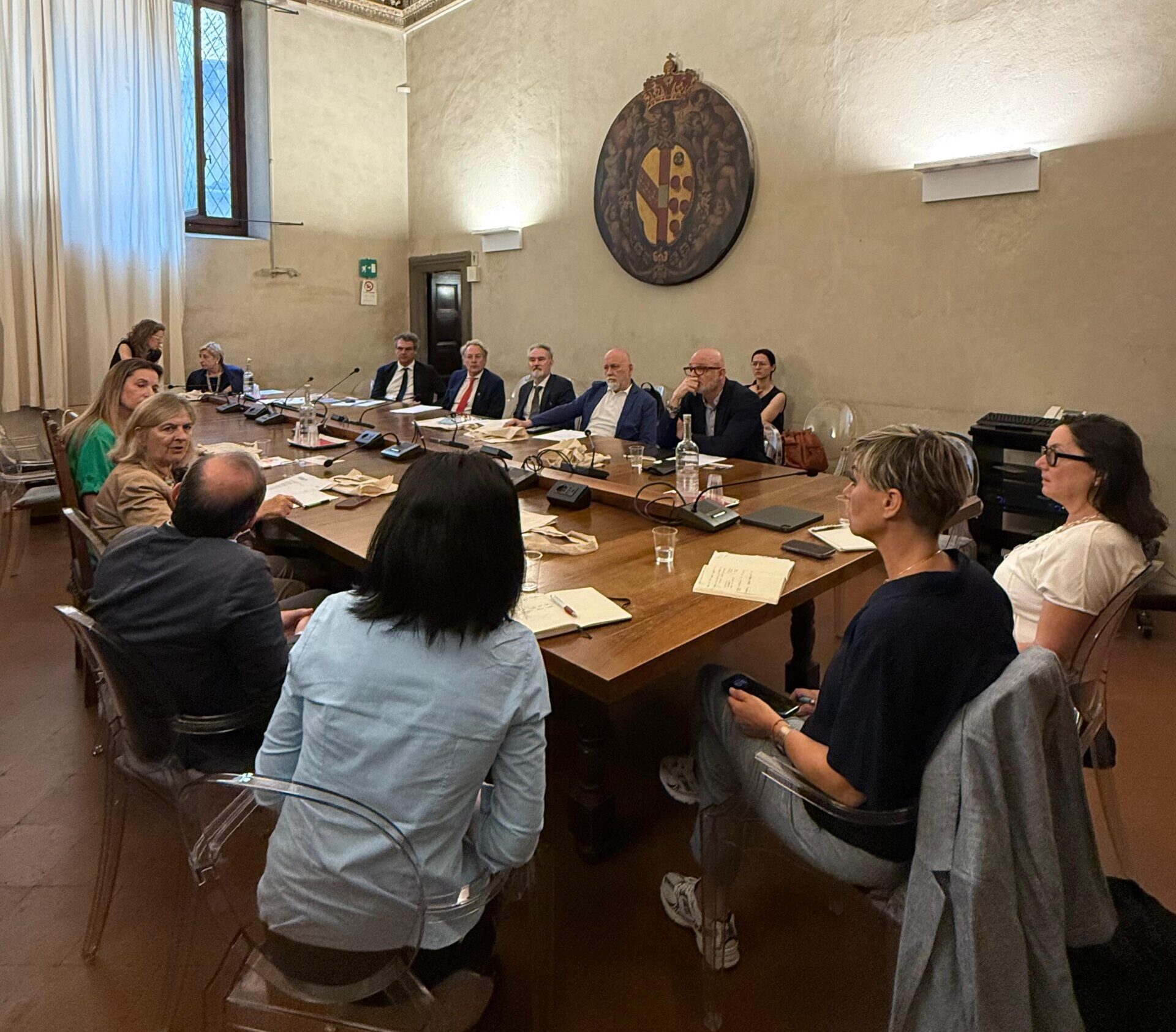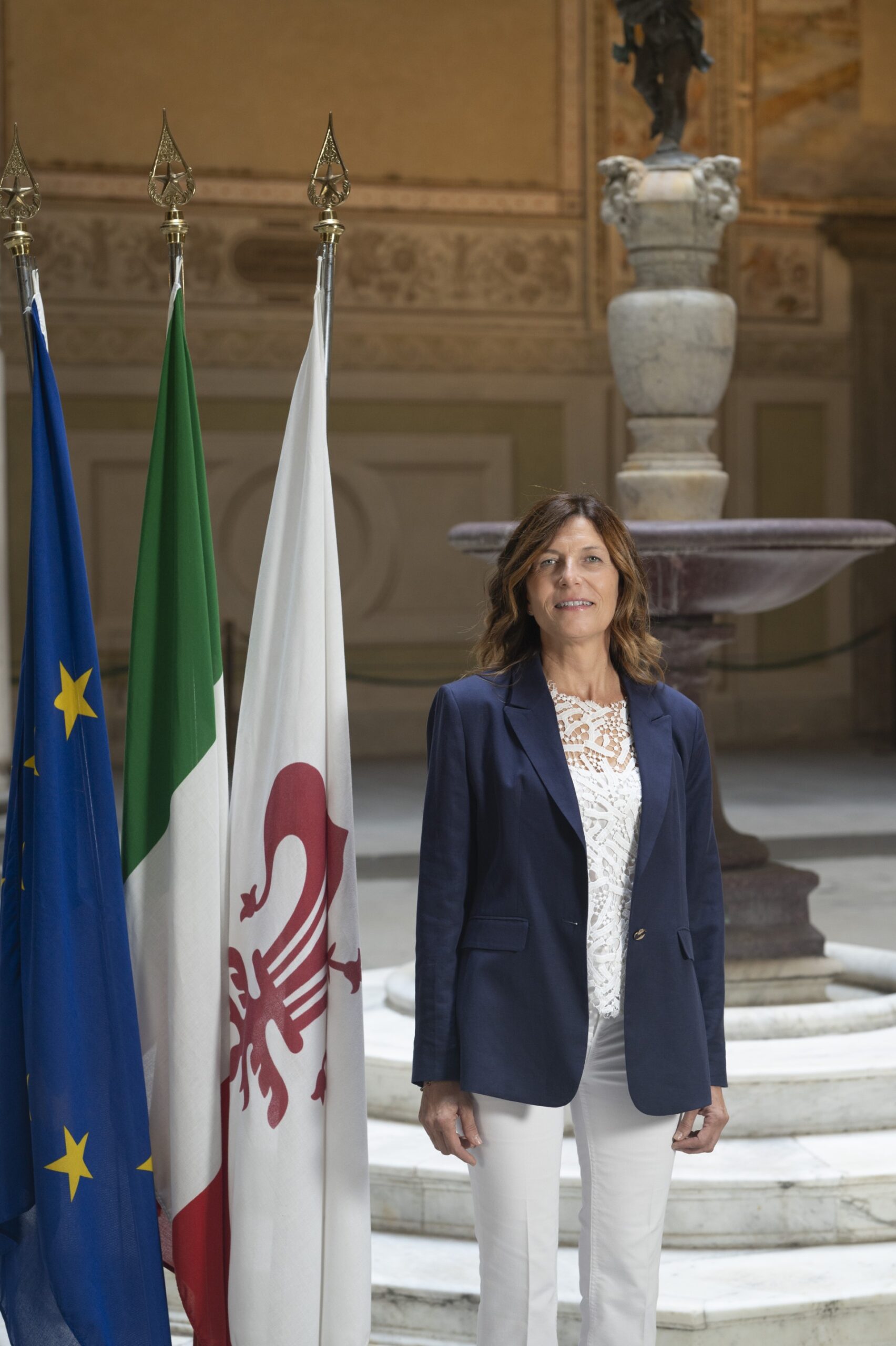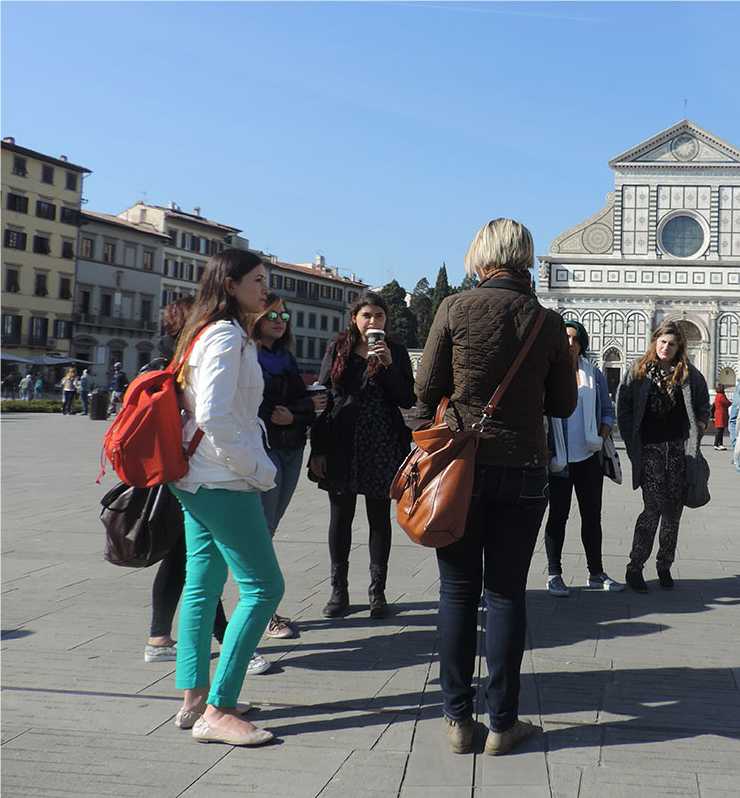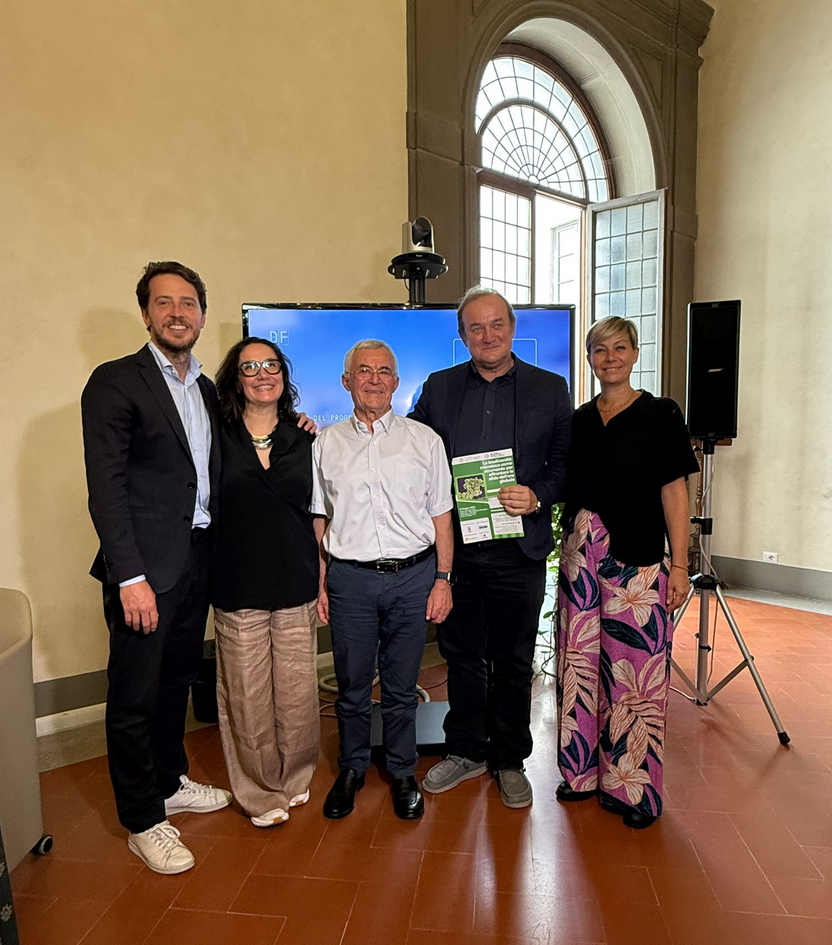As president of AACUPI, what challenges have you had to face during the pandemic and what are the prospects for the future of the study-abroad industry in Florence?
AACUPI has a political mission to create synergy among the 150 North American universities in Italy and their directors, with centralized and local administrations to obtain shareable results for the smooth operation of the programs, which are directly connected with foreign universities. The pandemic decimated the number of international students, but the programs have stood strong, showing that the sector is a structural investment that benefits from the bilateral agreements between Italy and the US, which are the envy of Europe. We have been laying foundations for the sector’s resumption, whose numbers for next spring are close to the usual 15,000 students in Florence prior to the pandemic, out of more than 35,000 US students across AACUPI programs throughout Italy. First and foremost, effective December 18, 2020, due to Article 38bis of the Safety Law, international students in Italy are exempt from the permit to stay procedure, which has been replaced by a straightforward attendance declaration that’s valid for 150 days. This is a fundamental result achieved by AACUPI, which will become a key element for the long-term recovery of the sector. We also have an agreement with the Misericordia di Firenze to provide healthcare for students. Another external factor that will have a positive effect in terms of intake is caused by Brexit, meaning that students from the world’s leading study- abroad destination, the United Kingdom, are looking at EU countries instead.
What’s the experience like for an international student in Florence and how does the Be.Long campaign from Destination Florence Convention & Visitors Bureau help students and universities?
The experience that a student has in Florence is—and must be—different to what they find on their home campuses. The purpose of studying abroad is to expose students to otherness: culturally, socially and anthropologically. No allure comes out of replicating the same things. In a nutshell, students must be true citizens of Florence if we want the city to benefit from long-term economic return. These students, who are likely to come back to get married or on their honeymoon, or even retire here, become loyal to Florence when they connect with the real city. Projects like Be.Long promoted by Destination Florence Convention & Visitors Bureau are welcome because they focus on the orientation and information especially designed for this audience. AACUPI informs its members when there are opportunities such as these. Since they have their own legal representation, each university program director then contacts DF directly and potentially endless synergies arise.
What’s your hope for the future of Florence?
Florence has an exceptional chance to become a global model for the rest of the world. Altogether there are about 90,000 students in Florence, with cultural excellences like the European University Institute, Istituto Olandese, Institut Français, The British Institute, Kunsthistorisches Institute and others that should all be considered in the same direction. My hope is that Florence’s cultural centres can always stay open, without having to think about profit, and that they receive support from patrons who are attracted by investing in a city par excellence. I’d love to see libraries, cinemas and music rooms open 24 hours a day for young people with cultural centres with the same approach as Nana Bianca and the forthcoming reopening of Sant’Orsola.



